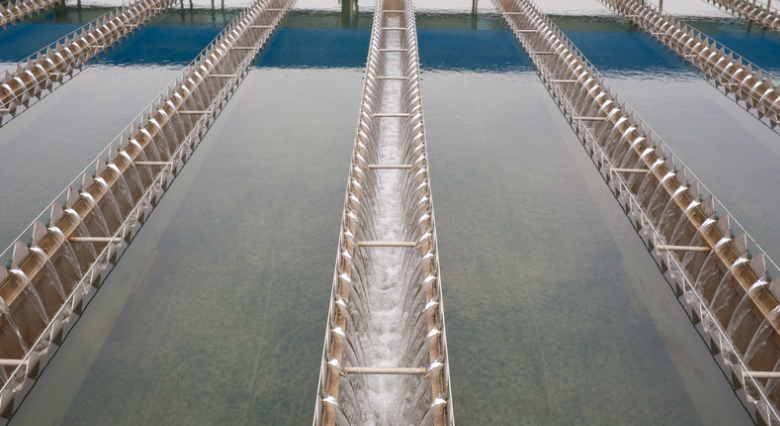In England and Scotland, if a business’s premises are mainly used for business purposes, it is eligible to change its water supplier. The process of switching water suppliers in England is managed by a program called Open Water, which is run by the Water Services Regulation Authority (Ofwat), the Department for the Environment, Food and Rural Affairs (Defra), and the Market Operator (MOSL).
In Scotland, the regulator is the Water Industry Commission for Scotland (WICS). However, in Wales, businesses can only change their water supplier if they use more than 50 megalitres per year. In Northern Ireland, all business water services are provided by Northern Ireland Water (NI Water), and businesses can’t switch to a different provider.
If a small business changes from being a domestic to a non-domestic customer, or vice versa, it must notify NI Water. The eligibility to change business water suppliers varies across the UK and it is important to know the regulations in your specific area to determine if you can make a switch.
How do I choose a water supplier?

Switching to a different water supplier may provide better water management and sustainable business growth, which can help your business operate more efficiently and reduce its environmental impact.
Some water suppliers also offer different payment options and flexible contracts, which can make it easier for you to manage your energy bills like water costs and budget more effectively.
So, it’s important to do your research and compare different suppliers to find the best deal for your business. The best Business Energy Comparison can be found by using an Energy comparison site, find out more to improve your business’s water management and sustainability services.
How will I know whether to switch?
Switching your commercial water supply can help you potentially save money on your running costs while also providing better water management and sustainability services. Here is a more detailed explanation of the steps involved in switching your commercial water supply:
- Determine your current water usage: This includes getting information about your annual consumption and supply point identification number (SPID), which is a unique identifier for your water supply.
- Review your current contract: Look at the terms of your current water contract, including the rates and tariffs you are paying and whether you have separate providers for water supply and wastewater removal.
- Compare water retailers: Look at the rates and tariffs licensed water retailers offer to find the best fit for your business. Consider factors such as customer service, tailored contracts, water efficiency advice, and services for businesses with multiple premises.
- Agree on a deal: Choose a water retailer and negotiate or agree on a deal. You can also try to negotiate a better contract with your existing retailer.
- Confirm the switch: Once you have agreed on a deal, confirm the switch. During this process, you will have a 7-day cooling-off period during which you can change your mind if you wish.
- Transfer of supply: The new water retailer will then arrange for the transfer of your supply, which typically takes about 3 months. Your new supplier will provide you with a start date, and you will receive a transfer confirmation.
Throughout the process, it’s important to keep all documentation and communication in writing, and periodically review your contract and usage to ensure that you have the best deal for your business needs.
Always do your homework first

Switching business water suppliers may result in cost savings, but it’s not guaranteed. The cost of your business water will depend on various factors such as the type of business you run, the value and size of your business premises, the location of your business, your annual water usage, and your business credit score.
Considering all these factors when evaluating potential new water suppliers is important, as the basic unit rate and overall cost are just part of the equation.
The quality of customer service, the ability to tailor the contract to meet your specific business needs, and the services offered alongside your water supply, such as water efficiency advice, should also be considered.
It’s worth noting that even though the business water rate may be lower than the domestic water rate, your bills may still be higher because businesses generally use more water than a typical household.
Therefore, it is important to thoroughly compare your options and choose a provider that offers competitive rates and aligns with your specific business requirements.







